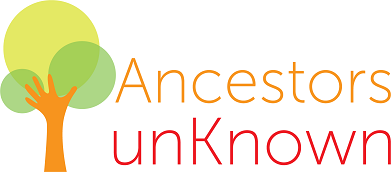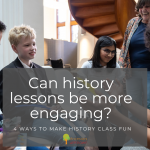Ditch textbooks to improve history education
History is as complex and diverse as the people who lived it. Yet, in history classes, students are learning one side of the limited number of stories that are curated by a select few. Countless people, places, events and perspectives are left out. What results is a biased and limited version of history, with which most of our students can’t identify. To improve history education, let’s consider a new and broadened perspective – and ditch the tradition history textbook.
As Chimamanda Ngozi Adichie famously explained, we face a significant danger when we tell only one version of a story. Instead of limiting the scope of history to what’s deemed as “important” by traditional textbooks, let’s introduce students to a multi-layered, more complex version of the past. When we do, we create opportunities for students to see themselves represented in history. And they will engage with the subject in brand new, far more effective ways.
When genealogy research and other untold histories are incorporated into history classes, students see themselves and their own stories represented in their education. They learn about the heroes in their communities and the heroism of their ancestors.
A truly diverse and inclusive history education results. Not only do students learn from the lives and experiences of their own ancestors, they also learn from and about the ancestors of their classmates.
Here are five more benefits we’ve seen with this inclusive approach to history education
1. Identity reflection and development
Before students begin their genealogy research, it’s important that they ask, “who am I?” Questioning their own identities and where they come from helps students understand why their personal histories matter. They also gain some insight into how they’re influenced by their families, society, and their own unique worldviews.

2. Family/community engagement
Oral history interviews are a critical first step in any genealogy research project. This could be an interview with a family elder or a member of the student’s community. It’s a great way to engage family and community members with a classroom project. And for students who really take ownership of their family history research, families benefit from having their own in-house historian!
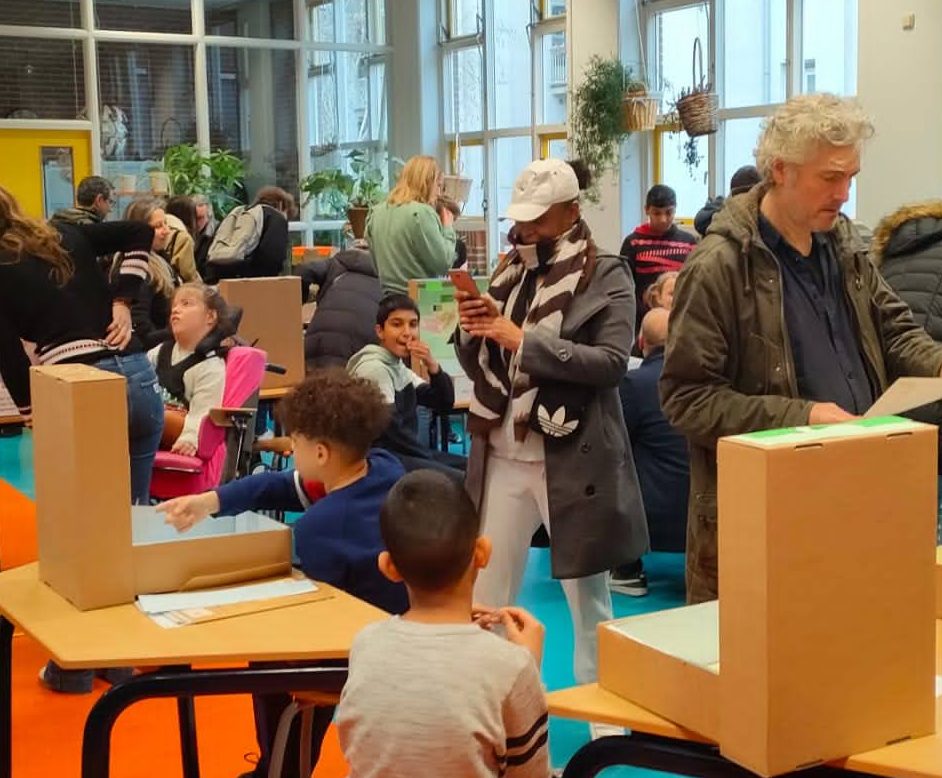
3. Research experience
Archival research (online and in-person) requires both skill and patience. Students practice these skills to find their ancestors’ names in primary historical documents. These are skills that can be applied in all areas of their education, and will especially benefit their understanding of the past.
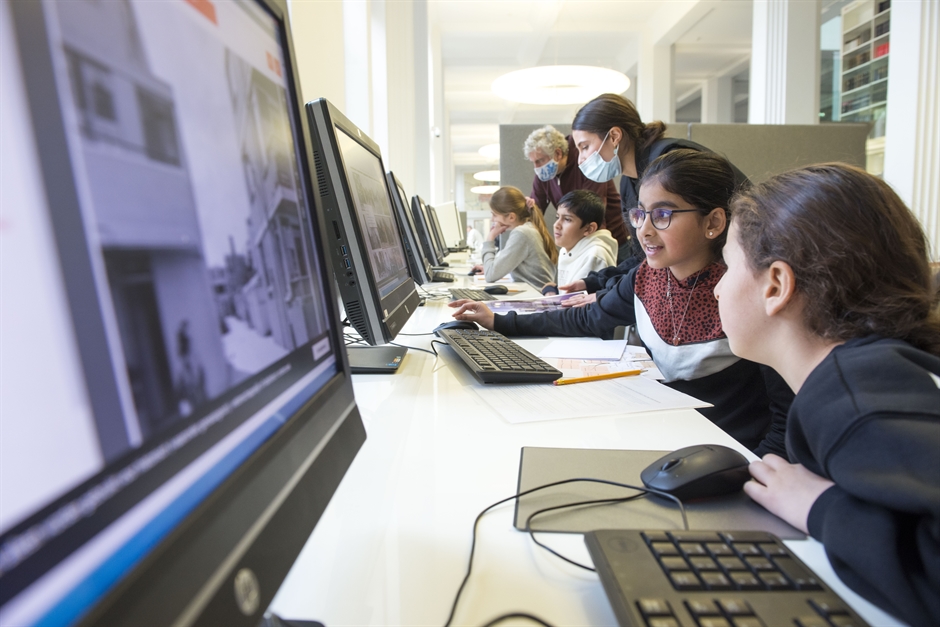
4. Expand classroom dialogue
When students share their personal stories, classroom discussions can go far beyond the limits of a textbook, revealing new and interesting details about the past. When students learn more about their ancestors, they share this information with their classmates. I’ve even heard about these discussions going beyond the classroom, into the schoolyard, and after school.
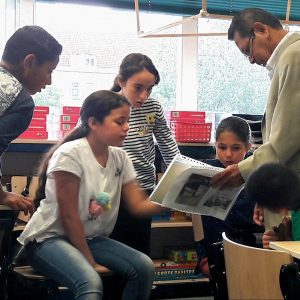
5. Understanding historical events in context
Sometimes students struggle to understand or remember details about important historical events. This can happen when they lack a realistic view of the past. But if a student knows that her great-grandmother lived through the Great Depression, she is more likely to remember when it occurred and how it affected real people. This is a lesson that the student will remember far longer than what is typically memorized for an exam.
This enhanced history education benefits young people in the classroom, at the dinner table, and in life. And it’s accessible to everyone, instead of only a few.
Since we all have stories worth telling, young people should be empowered to research, write and share their own histories.
Use the Ancestors unKnown curriculum and workshops to bring genealogy research and untold histories to your classroom or after-school program.
